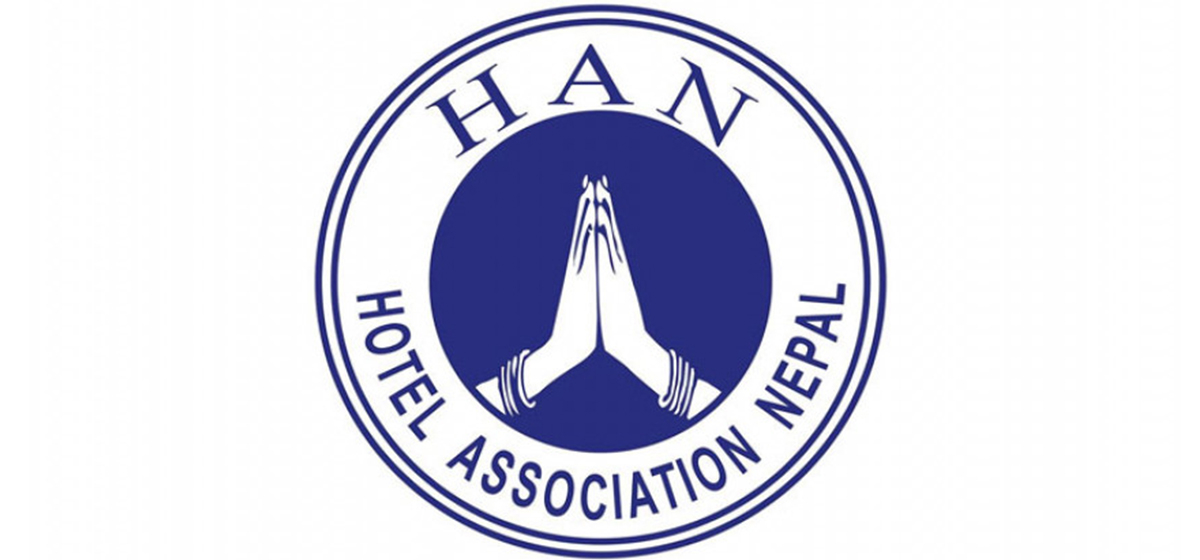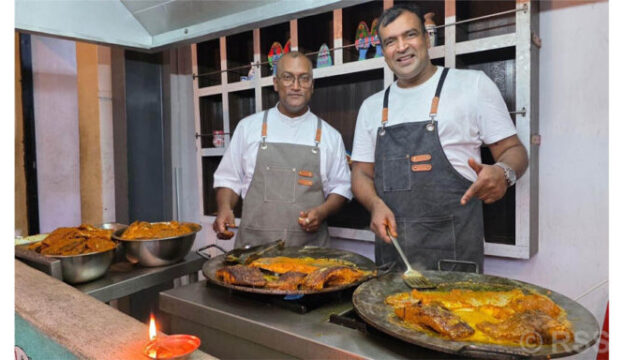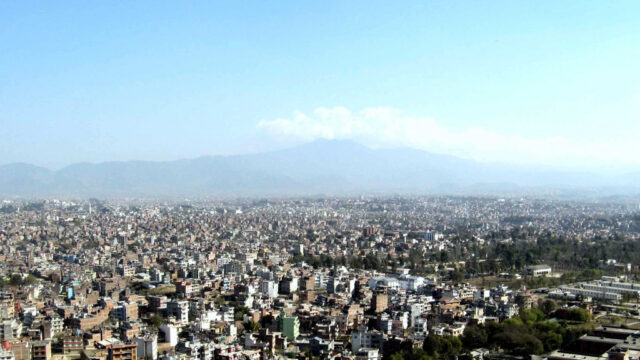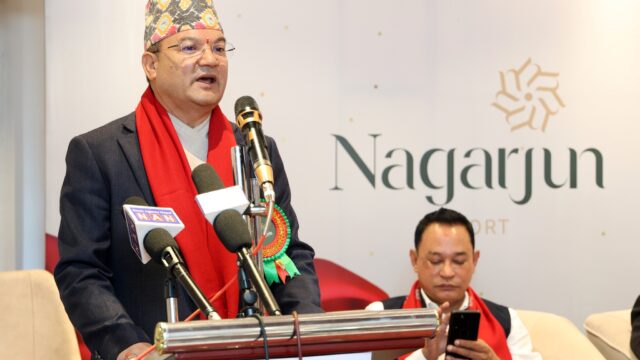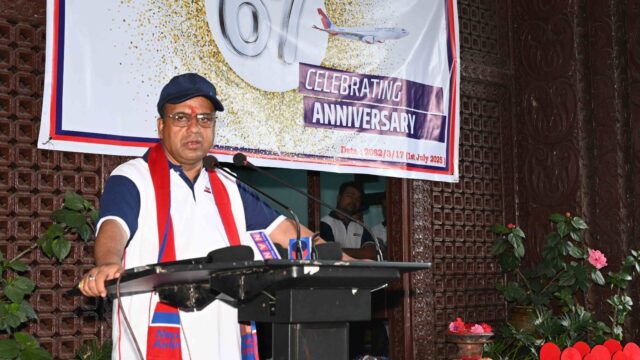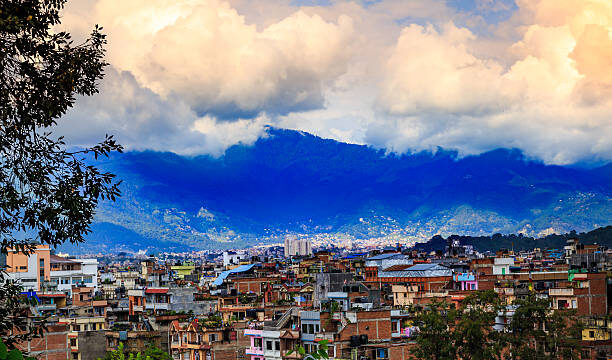The Hotel Association Nepal (HAN), the umbrella body representing the hotel and hospitality industry in the country, has extended a warm welcome to the government’s budget for the fiscal year 2025/26. HAN has termed the newly unveiled budget as highly favourable for the growth and revitalization of Nepal’s tourism and hospitality sector, especially in the post-pandemic context.
In a press release issued shortly after the announcement, Hotel Association Nepal (HAN) expressed its gratitude to the government for addressing several long-standing demands of the industry. Notably, the Association lauded the government’s provision to grant income tax and electricity tariff exemptions to hotels and resorts, aligning them with benefits already enjoyed by manufacturing industries. HAN described this move as a “historic milestone” and recognition of the tourism sector’s significant contribution to the national economy.
“This decision to treat hotels and resorts on par with manufacturing industries is not just symbolic, but a long-awaited practical measure that will ease the cost of doing business and enhance competitiveness,” HAN stated. The association further noted that this fiscal reform will attract more domestic and foreign investment into the tourism sector, enabling quality enhancements and expansion in hospitality services.
Budget’s Focus on Tourism Growth Commended
HAN also welcomed various initiatives aimed at increasing the average length of stay and spending capacity of international tourists. The budget outlines plans for the development of additional tourist destinations and encourages adventure, religious, cultural, film, health, and sports tourism, especially in areas bordering India and China. According to HAN, such diversified tourism offerings will help decentralize tourism benefits across the country and generate sustainable employment at the local level.
Another major highlight of the budget is the government’s proposal to establish welcome and service centers at key border checkpoints. These facilities aim to improve first impressions for incoming visitors and provide essential tourism information. HAN believes this initiative will help enhance the overall travel experience and ensure smoother cross-border tourism flows.
Moreover, HAN appreciated the announcement to develop “evening heritage trails” at UNESCO World Heritage Sites, including Swayambhunath, Hanuman Dhoka, Pashupatinath, and Boudhanath. These initiatives aim to extend tourist activity hours, promote night tourism, and stimulate local economies through cultural engagement.
Similarly, the proposed development of eco-tourism trails across popular destinations is expected to boost Nepal’s appeal to nature-loving and environmentally conscious travelers. HAN welcomed these efforts to promote responsible tourism while preserving the natural beauty and ecological diversity of the country.
Forex Flexibility to Increase Tourist Spending
In another positive step, the government has allowed foreign tourists entering Nepal, whether by air or land, to bring up to USD 5,000 or its equivalent in foreign currency, which can be exchanged within Nepal. HAN stated that this move would significantly enhance tourists’ convenience and increase their in-country spending, ultimately boosting the economy.
“The policy allowing higher foreign exchange limits is a timely and strategic step to enhance tourist satisfaction and improve Nepal’s image as a tourist-friendly destination,” the HAN release said.
Concerns Over Taxation and Domestic Tourism Costs
Despite appreciating the overall budgetary direction, HAN also raised some concerns, particularly regarding existing tax burdens on domestic tourism. The Association pointed out that the retention of the 2% luxury tax and the 13% value-added tax (VAT) on airfare continues to make domestic tourism more expensive and less competitive compared to neighboring countries.
“Domestic air travel remains a lifeline for tourism in Nepal due to the country’s challenging geography. These taxes not only disincentivize domestic travel but also deter international tourists from exploring interior destinations,” HAN emphasized, calling for a review and reconsideration of these levies.
HAN stressed the importance of effectively implementing the announced development projects to truly transform Nepal’s tourism landscape. Without timely execution and transparent monitoring, the Association warned, the promises of the budget could fall short of expectations.
Private Sector’s Role Highlighted in Budget
One of the most encouraging aspects of the budget, according to HAN, is the emphasis on the private sector’s leadership in achieving the national goal of branding Nepal as a safe and reliable tourism destination. The Association praised the government’s recognition of private stakeholders’ role in expanding quality tourism infrastructure, enhancing service standards, and leading effective promotional campaigns in international markets, particularly India and China.
HAN reiterated that meaningful investment in tourism marketing and infrastructure, coupled with policies that empower the private sector, can make Nepal a globally competitive destination. It welcomed the budget’s plans to promote economic diplomacy and leverage the global Nepali diaspora to support tourism growth.
A Collaborative Path Forward
As Nepal seeks to rebound from the challenges posed by the COVID-19 pandemic and ongoing global uncertainties, the tourism sector stands at a crucial juncture. HAN believes that the government’s 2025/26 budget has set a strong foundation for revival, innovation, and expansion in tourism. However, it underscored that collaboration between the government, private sector, and non-resident Nepalis will be vital to turning this vision into reality.
In conclusion, HAN expressed optimism that the newly introduced provisions would help Nepal rebrand itself as a unique and competitive destination on the global tourism map. The Association has pledged its full cooperation in working alongside government agencies to realize the goals outlined in the budget and create a prosperous future for the tourism and hospitality industry.
